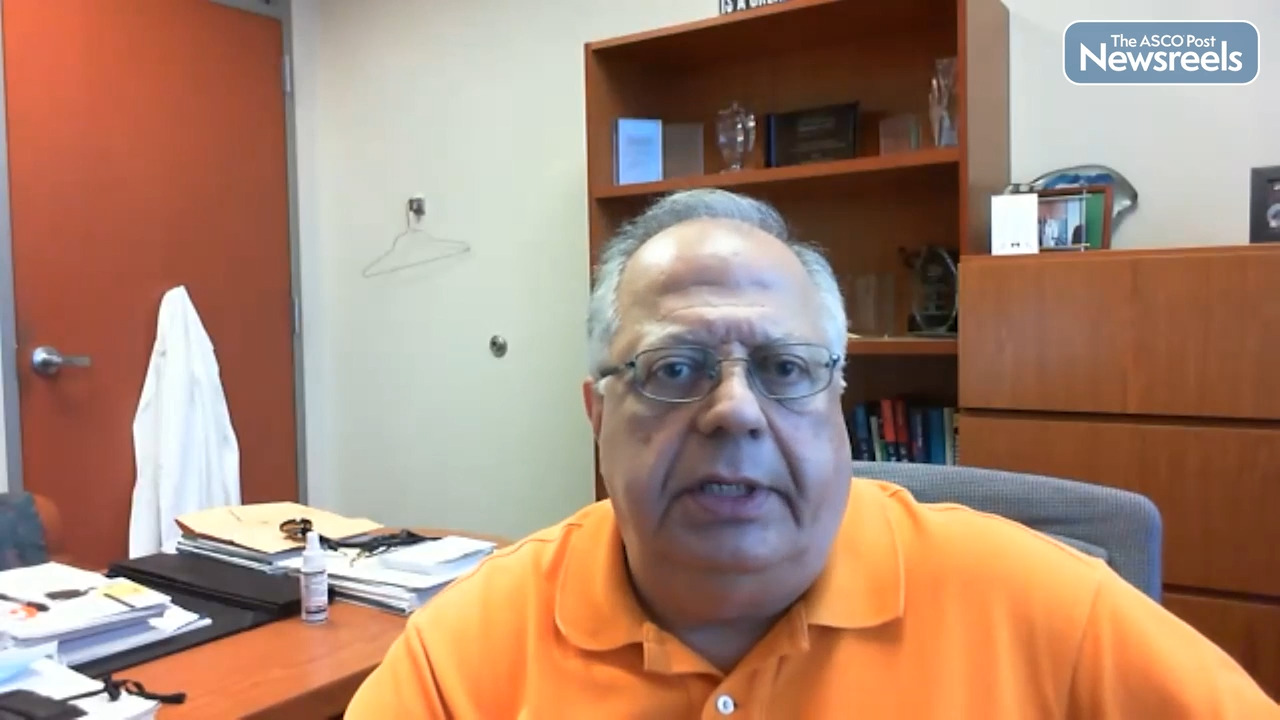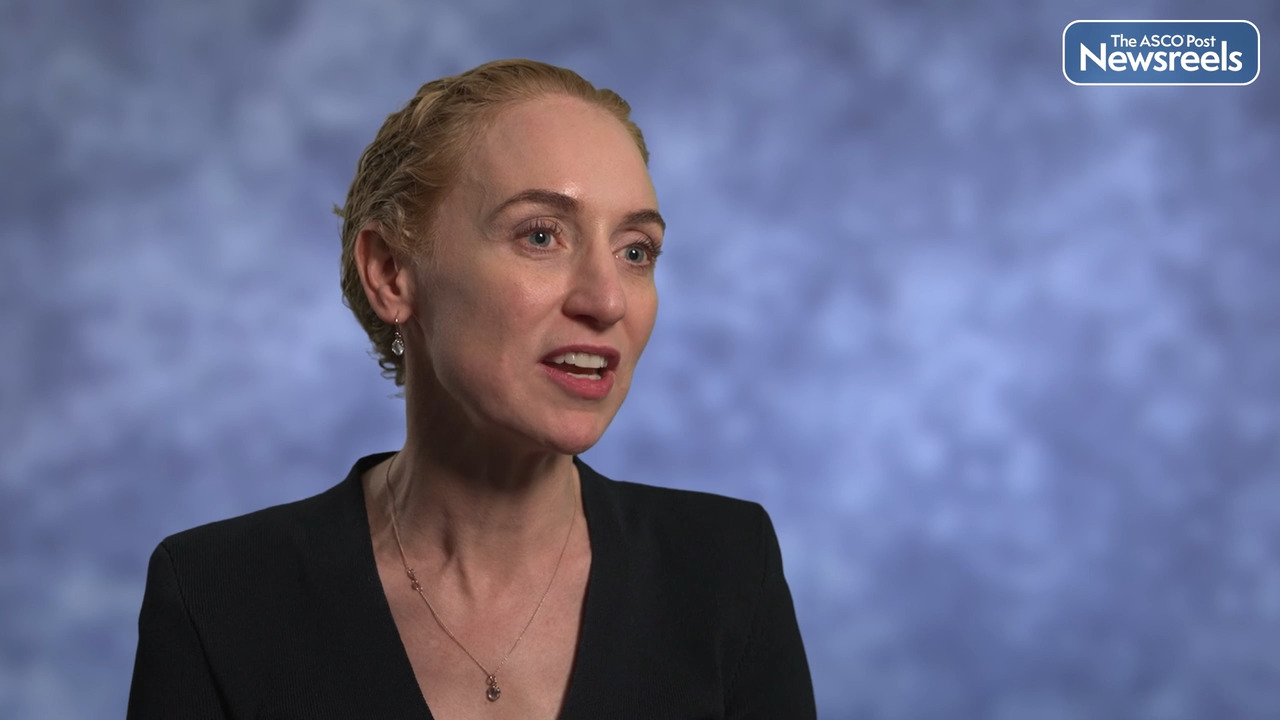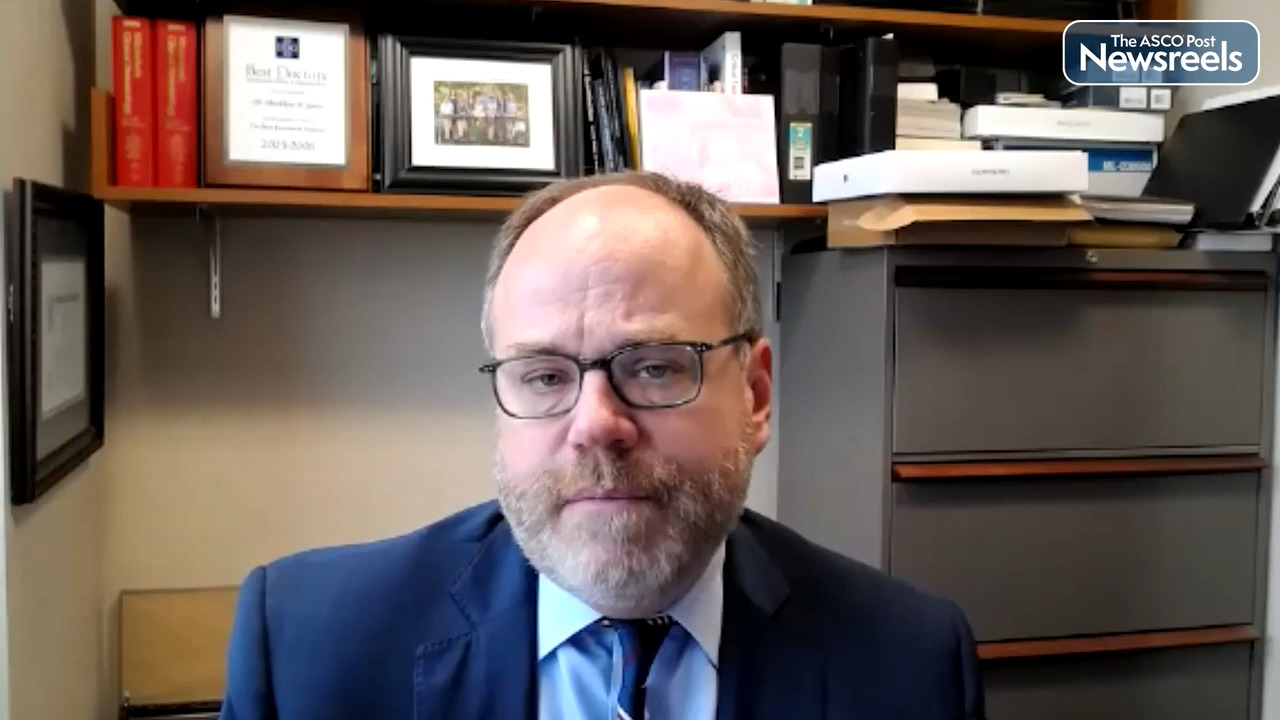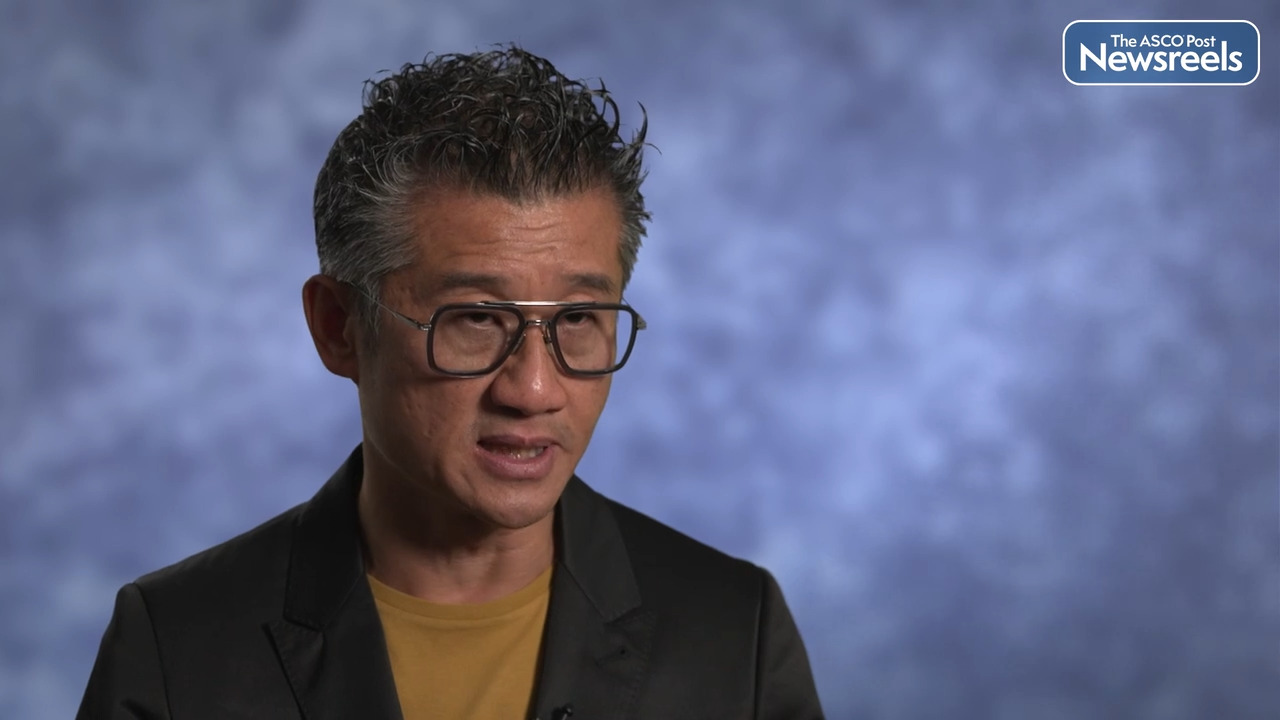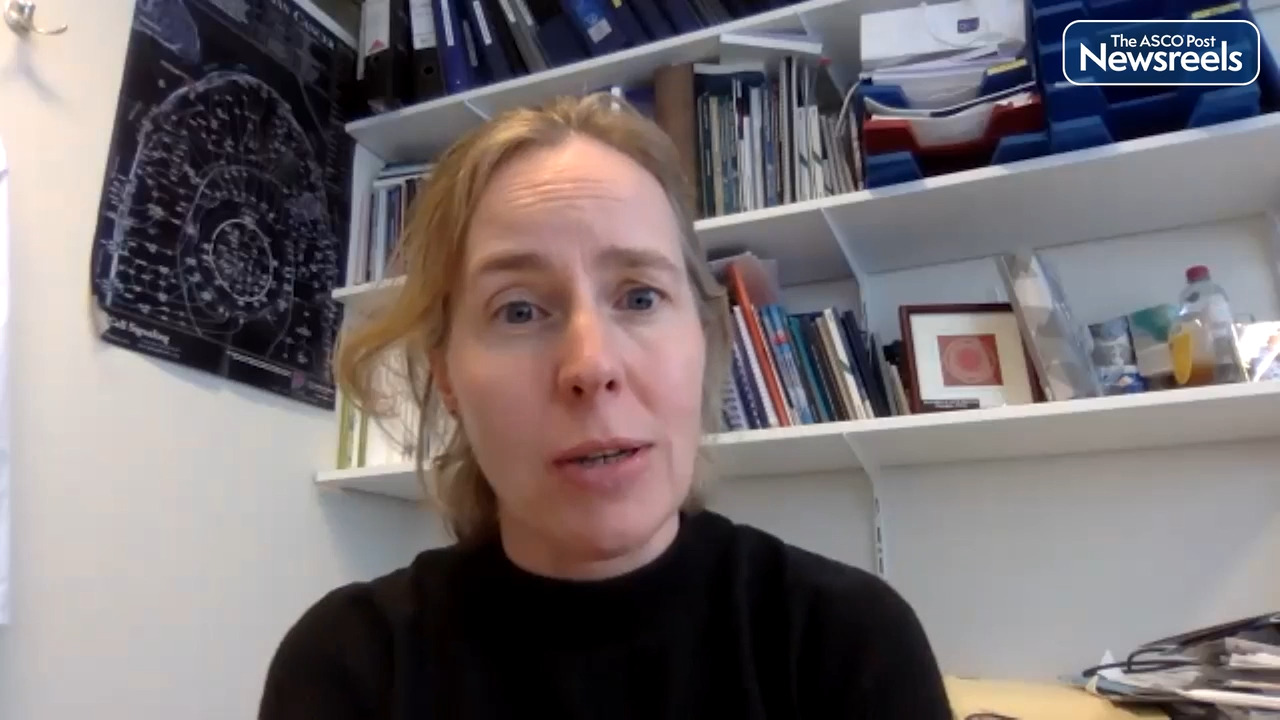Transcript
Disclaimer: This video transcript has not been proofread or edited and may contain errors.
Oncofertility care is a crucial component of cancer care in all patient diagnosed at reproductive years. It's clearly stated by all guidelines that we should discuss, we actually must discuss this topic with all newly diagnosed patient, irrespective type and stage of the disease. And oncofertility means discussing the so-called risk of gynotoxicity, the risk of developing in female cancer patient premature ovarian sufficiency. This risk is we know very well out to estimate this risk when we offer chemotherapy with standard chemotherapy agents. We know very well, according to patient age, as well as type of chemotherapy, what is the risk of gynotoxicity.
This is the first step of the oncofertility counseling. After this step, and this is something that all medical oncologists should do to raise the issue and to then refer patient interest into fertility preservation strategies to fertility specialists, which is the second step of the oncofertility consult.
In the second step, the fertility preservation strategies are being discussed. Among these strategies, the first and standard option is ooctye/embryo cryopreservation. This is the most important and the first of fertility preservation strategies to be discussed with all patient interest to increase their chances of a future pregnancy. A second option is of ovarian tissue cryopreservation, to be proposed to patient that are not eligible to ooctye/embryo cryopreservation for a variety of reasons. And finally, we have the possibility to use [inaudible 00:01:40] during chemotherapy. However, this last strategy is not per se a fertility preservation option, so it does not replace cryopreservation procedures, but should be considered only after cryopreservation procedures or to induce patients that are not interested in fertility preservation, but want to reduce the risk of premature ovarian insufficiency, so all the side effects of early menopause.
[inaudible 00:02:02] oncofertility nowadays is not only fertility preservation strategies. I do believe that is something more than that. And with this concept of a kind of enlarged oncofertility care, we want also to include other important aspects for many patient in terms, for example, on how to manage the gynecological toxicity of anticancer treatment like adjuvant endocrine therapy and breast cancer patient, sexual dysfunction, menopause-rated symptoms. So all symptoms that as medical oncologists when we are not really well trained to manage and other important issues like contraception, pregnancy-related issues that are highly relevant to many patients.
What is important for oncofertility care is really to build a network. A network between different specialists that will manage the different aspect of these oncofertility care. As medical oncologists, our responsibility is to raise the point of the gynotoxicity, the risk of developing this side effect, and then to build this network with gynecologist fertility specialists, the psychologists, expert in for example, sexual dysfunction, so that we can refer patient with the interest in these different aspects to a more experienced colleagues and physician.
As the next step in this field, it's important to highlight that in the current era of, for example, genetic testing or new anticancer treatment, targeted therapies, antibody-drug conjugate, there are a lot of questions to be answered in the field, the risk of gynotoxicity of this new treatment, so the impact also on the ovarian function and ovarian reserve of our patient. These are question that we really need to address quite urgently in the coming month.
